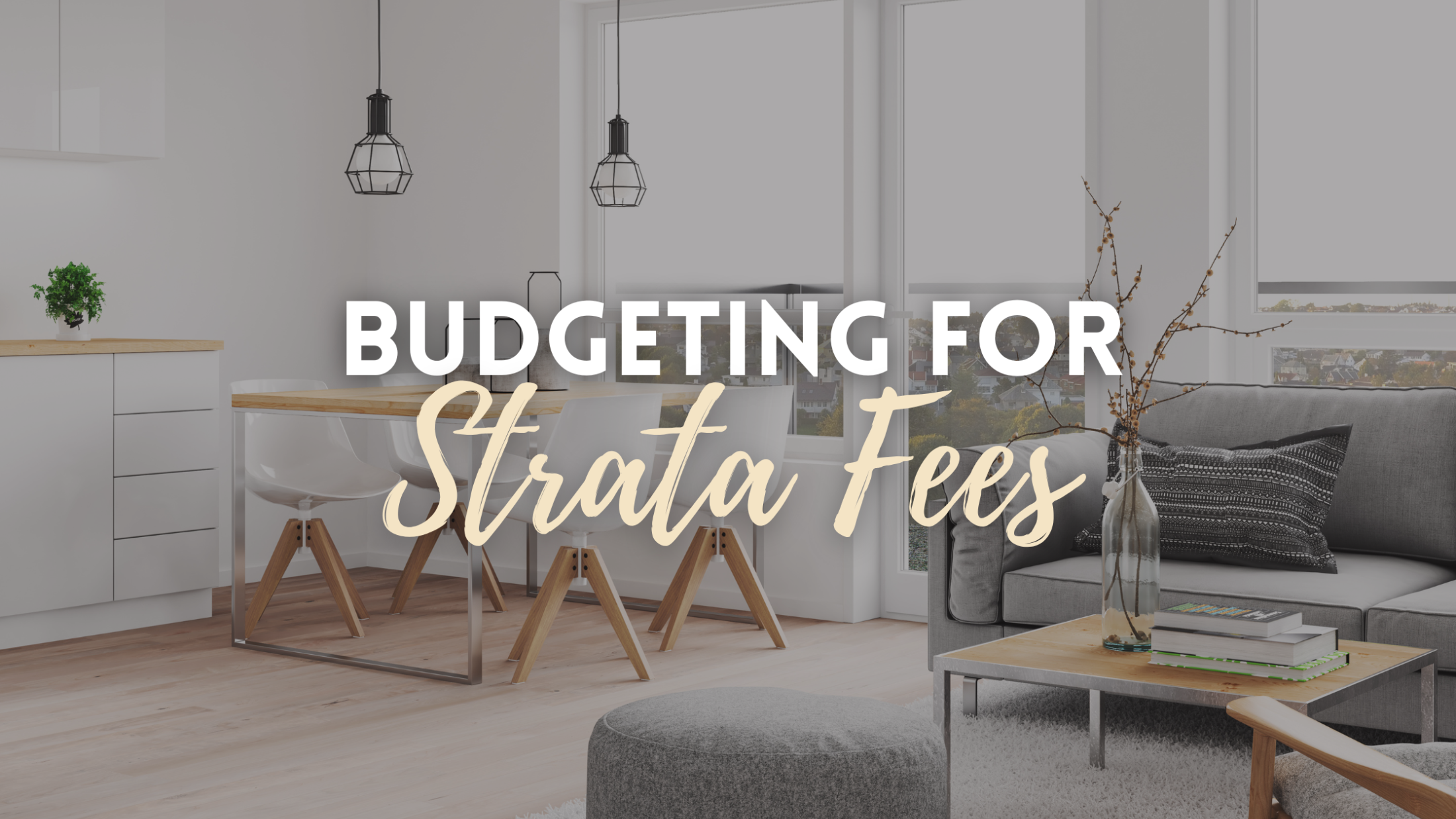Summer is the perfect time to give your home a little glow-up—especially if you’re thinking of selling this fall or just want to enjoy your space more while the sun’s out. The good news? You don’t have to break the bank to make a big impact.
Whether you're in a detached home or a condo, here are a few quick, affordable upgrades that can dramatically boost your curb appeal—and even your resale value.
🏡 For Houses & Townhomes: Quick Exterior Upgrades
Add Flower Boxes or Container Gardens
You don’t need a green thumb or a full landscaping crew. A few vibrant planters by your entryway or flower boxes under the front windows add instant charm and colour. Bonus: You can take them with you when you move.
Paint the Front Door
Never underestimate the power of a bold, fresh front door. It’s one of the easiest ways to transform your home’s first impression—and a new coat of paint can cost less than $50. Try classic black, welcoming navy, or a cheerful red or sage green.
Update Your Exterior Light Fixtures
Outdated lighting can drag down your exterior vibe. Swapping in sleek, modern fixtures—or even just cleaning your existing ones and upgrading the bulbs—makes your home feel more inviting and well-kept, especially in the evenings.
Refresh the Entry with New House Numbers or a Welcome Mat
These small details matter! Crisp, modern house numbers and a clean new welcome mat can subtly signal that your home is loved and maintained—two things every buyer is drawn to.
Pressure Wash Walkways and Siding
You’d be surprised how fresh everything looks with a good clean. Rent a pressure washer or borrow one from a neighbour and give your siding, driveway, and walkway a thorough wash. It’s like an instant face-lift for your home.
🏢 Live in a Condo? Boost Your Unit's Appeal, Too!
Curb appeal doesn’t stop at the front lawn. If you live in a condo, here are a few ways to make your unit stand out—whether for resale or your own enjoyment:
Style Your Balcony or Patio
Add potted plants, a small bistro set, or an outdoor rug to turn your balcony into a cozy extension of your living space. Keep it tidy and inviting—potential buyers will imagine themselves enjoying a morning coffee or evening glass of wine there.
Clean the Windows Inside and Out
Natural light is a huge selling feature in condos. Sparkling clean windows make your home look brighter and more spacious—and show buyers that the unit has been well cared for.
Declutter the Entryway or Hallway
First impressions matter, even in a shared building. Make sure your door area is clean and clutter-free. A seasonal wreath, a tasteful doormat, or even a tidy shoe rack inside your entryway can elevate the feel instantly.
Add Art or Mirrors in the Hall
If you're allowed to decorate outside your unit door, a mirror or piece of art can add personality and warmth to your hallway. Just check with your strata before drilling into common-area walls.
Thinking of listing later this year?
A few small curb appeal tweaks now can mean more eyes on your listing—and potentially more $$ in your pocket. Want to chat about how to prep your home for a future sale? I’m happy to walk you through a personalized game plan.
👉 Reach out any time—let’s make your next move your best one.
Jacqueline Ross, REALTOR®
Coldwell Banker Oceanside
(250) 415-5656
jac@yourvanislehome.com
Instagram | Facebook
Get the newsletter!




